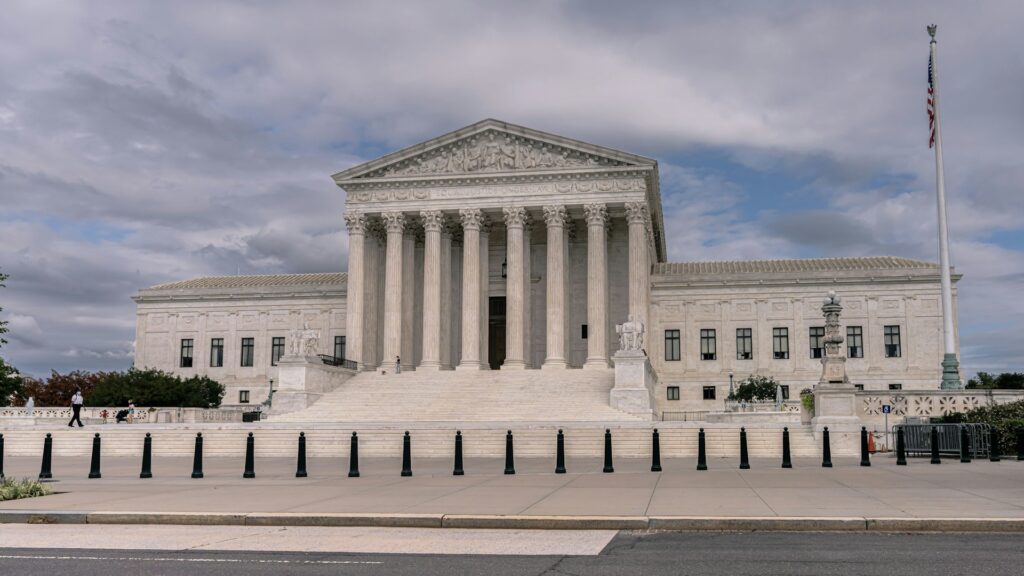Supreme Court to Hear Challenge to Colorado’s Ban on Gender-Identity Counseling

The Supreme Court has agreed to hear a challenge to a Colorado law that bans counseling aimed at changing a person’s sexual orientation or gender identity, which proponents of the law have labeled “conversion therapy.”
The law, enacted in 2019, prohibits any counseling that “attempts or purports to change an individual’s sexual orientation or gender identity.” The case set to be heard by the Supreme Court was brought by Alliance Defending Freedom (ADF) on behalf of Kaley Chiles, a counselor in Colorado Springs. Chiles argues that the law violates her First Amendment rights by restricting what she can say in private counseling sessions. She also claims the law prevents her from helping clients who may want to detransition.
“Many of my clients chose to work with me because we share a similar perspective on faith and values,” Chiles said in a press call on Wednesday, according to the Daily Wire. “However, I’m facing a serious challenge. Colorado’s counseling censorship law threatens my ability to engage in private, professional conversations with my clients.”
The law carries penalties of up to a $5,000 fine and professional disciplinary action, which could include the loss of a counseling license. Chiles argues that the law effectively pushes children with gender dysphoria toward “harmful medical interventions” while blocking counselors from offering alternative approaches.
“We’re very grateful that the U.S. Supreme Court decided to hear this very important case. It’s essential that children and parents have access to safe and effective counseling that meets their needs and that avoids dangerous and experimental medical interventions,” said ADF lawyer Jim Campbell. He also noted that Chiles has been forced to turn away multiple clients due to the law.
“Colorado censors Kaley from speaking words her clients want to hear because the government does not like the views she expresses,” Campbell explained. “Government officials may not impose their ideology on private conversations between counselors and their clients.”
The law was upheld by the 10th Circuit Court of Appeals, but similar laws in Florida cities were struck down by the 11th Circuit. The Supreme Court will hear arguments in October.
The case is one of several related to transgender issues on the Court’s docket, including a pending ruling on Tennessee’s law banning transgender medical procedures for minors.

















